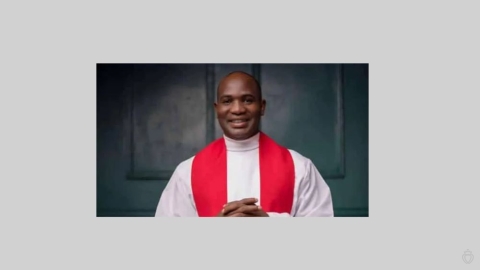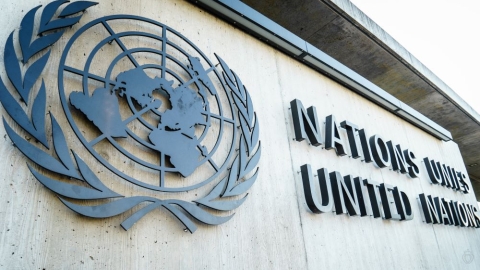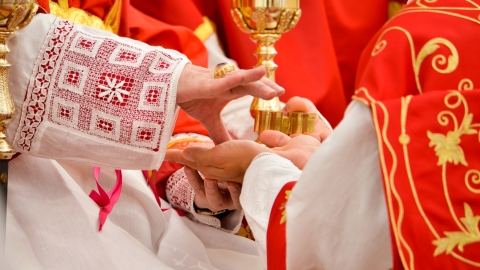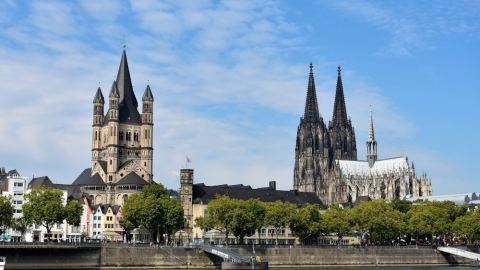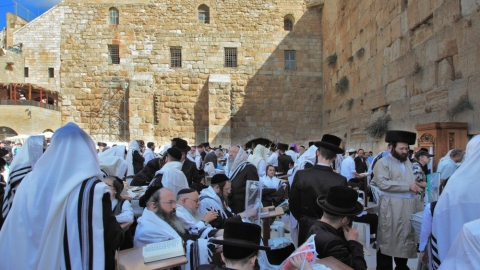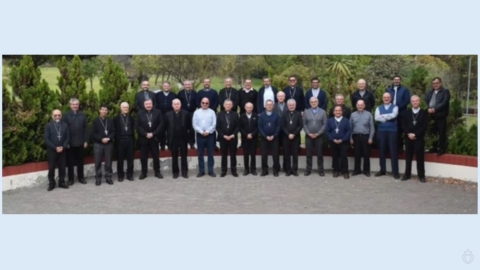Vatican Gives Green Light to Extending Agreement with China

Le cardinal Pietro Parolin
The Holy See has decided to extend for two years the agreement signed on September 22, 2018 with China, on the appointment of bishops—an agreement whose terms are still secret, and against which several voices have been raised within the Church, deploring the abandonment of Chinese Catholics into the hands of the Communist authorities.
The two-year provisional deal, supposedly giving the Pope the final say on the appointment of bishops, came into effect on October 22, 2018. If the Chinese side is responding positively—which, Oltretevere, is taking for granted—the agreement will be extended as is, without modification: “we think it is prudent to extend it for two years,” a Roman interlocutor, familiar with the matter, told Reuters on September 14, 2020.
However, there is little enthusiasm in the Far East, where many Catholics fear China will put pressure on the Vatican to include Hong Kong in the text of the agreement: a possible consequence of the imposition of the new National Security Act, which severely restricts the freedoms—especially in matters of religion—of the former British colony.
But, they promised Rome “there will be no change in the text,” emphasized Reuters’ anonymous source, who adds: “the members of the Curia implicated in this file have proposed that the agreement be renewed, and the Pope has given the green light.”
Last week in Beijing, Foreign Ministry spokesman Zhao Lijian had already indicated that China was willing to renew the agreement, saying that “the two sides will continue to maintain close communication and consultation and ‘improve their bilateral relations.’”
On September 14, the Secretary of State for the Holy See, Cardinal Pietro Parolin, told reporters that he “hopes and believes” that Beijing will renew an agreement that expires on September 22, 2020.
An optimistic facade that Cardinal Joseph Zen, Bishop Emeritus of Hong Kong is far from sharing. The high prelate has not mince words for two years, in order to denounce an agreement whose goal is, according to him, to “sell out” and “to offend the memory of persecuted Catholics” for their faith, in the Middle Kingdom.
Fr. Bernardo Cervellera, head of the AsiaNews Agency, remains very skeptical: “(the agreement) has borne very little fruit so far, and I hope that the Vatican will demand more from the Chinese,” explains the religious.
On September 11, he bitterly detailed the results of the agreement on Asianews: “China was able to manage the closings of churches, the uprooting of crosses, the hunting of priests, the suffocation of unofficial communities, and the ban on religious education for minors under 18 without any reaction from the Vatican, except for the unheard reactions of Cardinal Joseph Zen of Hong Kong and Cardinal Charles Bo of Yangon.”
“It’s not easy to deal with a communist and atheist regime that sees religion as an interference, but what we have is better than no agreement at all,” the Roman interlocutor of Reuters believes. And he concludes: “the road to diplomatic normalization will be very, very long.” The key is to know at what price.
(Source : Reuters/Asianews - FSSPX.Actualités)
Illustration : Kremlin.ru / CC BY (https://creativecommons.org/licenses/by/4.0)
